
Writing With a Broken Tusk
Writing With a Broken Tusk began in 2006 as a blog about overlapping geographies, personal and real-world, and writing books for children. The blog name refers to the mythical pact made between the poet Vyaasa and the Hindu elephant headed god Ganesha who was his scribe during the composition of the Mahabharata. It also refers to my second published book, edited by the generous and brilliant Diantha Thorpe of Linnet Books/The Shoe String Press, published in 1996, acquired and republished by August House and still miraculously in print.
Since March, writer and former student Jen Breach has helped me manage guest posts and Process Talk pieces on this blog. They have lined up and conducted author/illustrator interviews and invited and coordinated guest posts. That support has helped me get through weeks when I’ve been in edit-copyedit-proofing mode, and it’s also introduced me to writers and books I might not have found otherwise. Our overlapping interests have led to posts for which I might not have had the time or attention-span. It’s the beauty of shared circles—Venn diagrams, anyone?


Prose and Possibility in The Last White Man by Mohsin Hamid
In the manner of Gregor Samsa in Kafka’s Metamorphosis, Anders, the protagonist of Mohsin Hamid’s novella, The Last White Man, wakes up to find himself transformed. He’s not a bug, however. As you might expect from the title, Anders has turned brown. We’re never quite sure why—there is some speculation that there was something in the water—but brown he is, “a deep and undeniable brown.” Soon others begin turning brown as well.
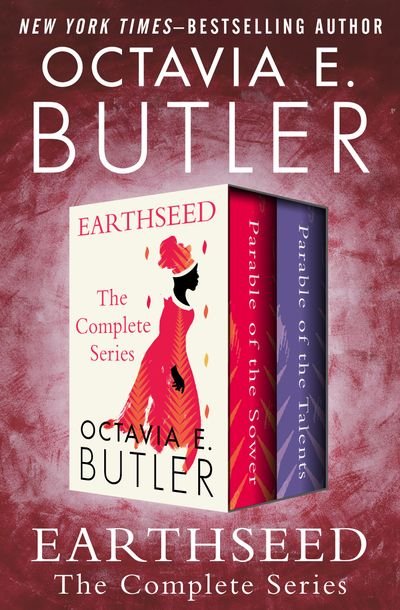
Rereading Earthseed in a Time of Planetary Change
Whatever I happen to be working on, I usually find myself needing an antidote in my reading, something that works against the grain of the writing.
Being in the depths of nonfiction at the moment, I needed to read fiction. But I wanted to read fiction that was capable of speaking to reality in the way that Richard Power’s Overstory did for me.
That is why I find myself rereading Octavia Butler’s iconic Earthseed novels, Parable of the Sower and Parable of the Talents.

How Else Can We Think About Migration?
In her book, Resident Foreigners: A Philosophy of Migration, Italian professor Donatella Di Cesare questions the idea of the exclusionary state. She asks, is migration not a fundamental human right? Are we not all temporary guests—tenants, in fact—on this only earth of ours? What purpose, then—whose purpose—do borders serve?
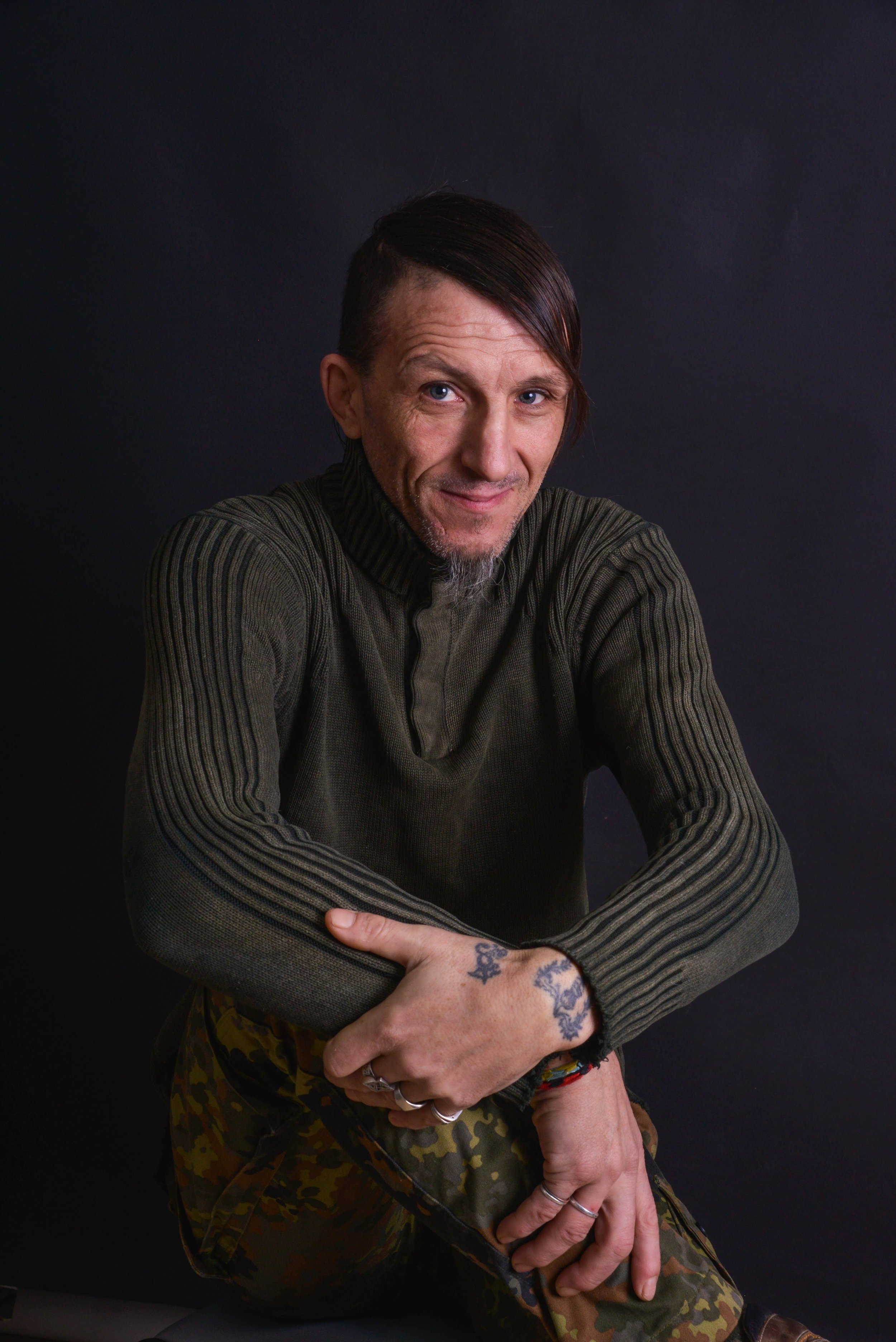
The Death of Volodymyr Vakulenko Should Hit Very Close to Home
Volodymyr Vakulenko was one of us. He was a children’s writer. He posted to Wikipedia. He kept a journal during the Russian occupation of Kharkiv. He buried it under a cherry tree when it seemed as if they were coming for him.

Who Will Speak for Trees? The Overstory by Richard Powers
Why begin a new year with thoughts of the end of the world as we know it? Because human voices have spoken enough untruths, it seems right to hand at least some of our narrative over to those we have always assumed to be silent.
Trees speak in this novel, which seems fitting, since in the real world we refuse to give them voices.
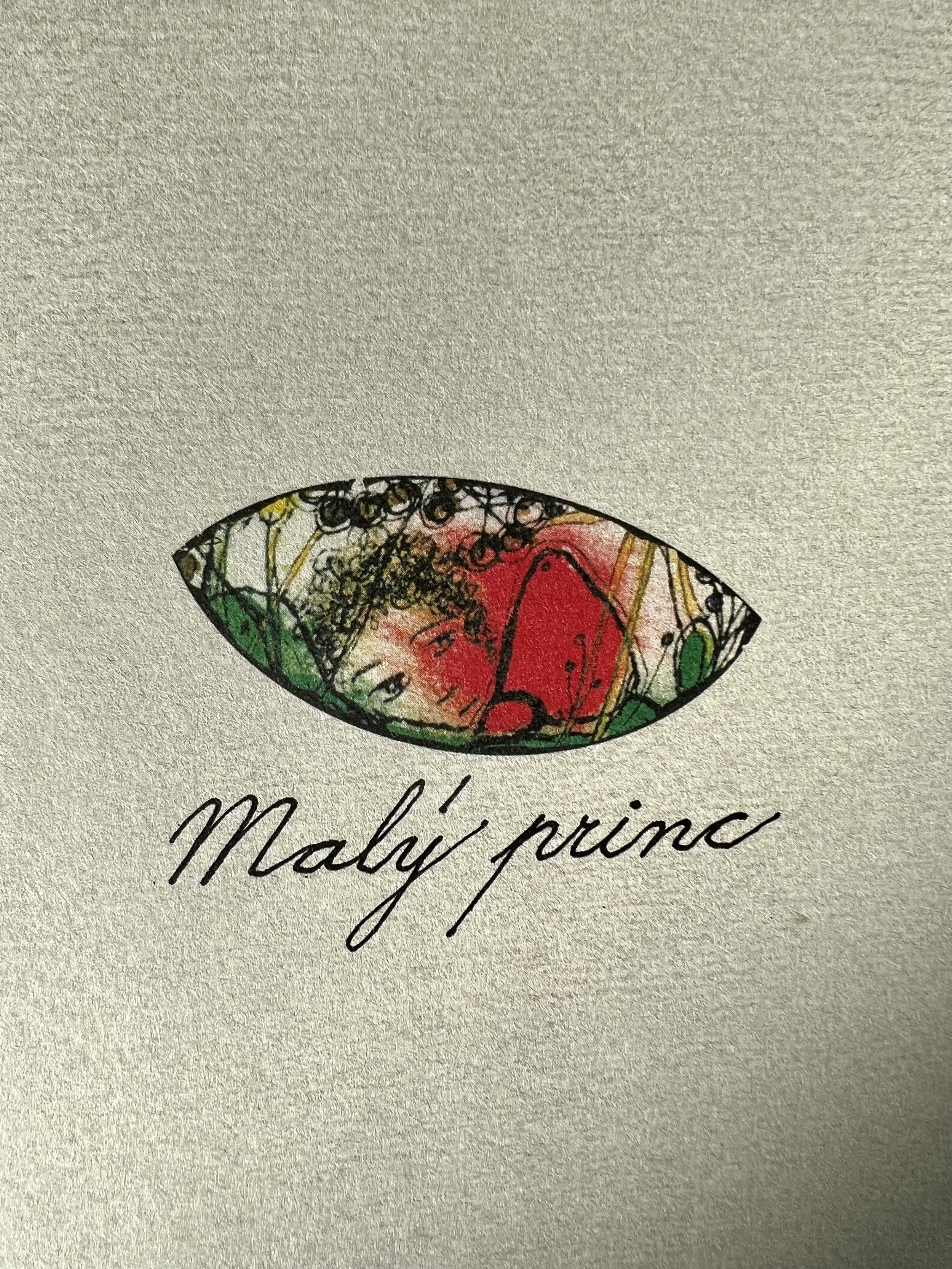
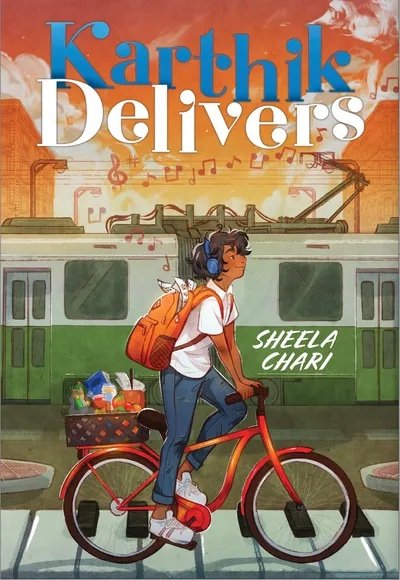
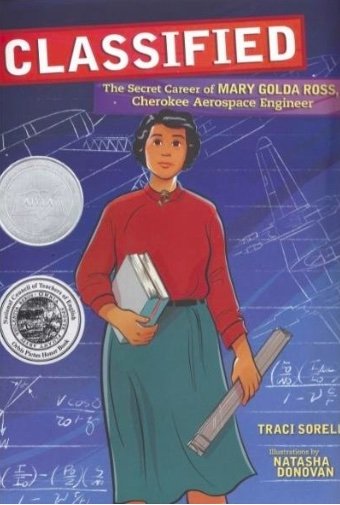
Waiting 187 Years for Representation
Over the years, I’ve come across these children’s books by writers from the Cherokee Nation:
Mary and the Trail of Tears: A Cherokee Removal Story by Andrea L. Rogers
The Reluctant Storyteller by Art Coulson with Traci Sorell
And of course Traci Sorell’s many lovely books.
I thought of these writers and their books and of stories yet to be written when I spotted this article from National Geographic, a publication that now seems committed at last to making up for its own many past wrongs.
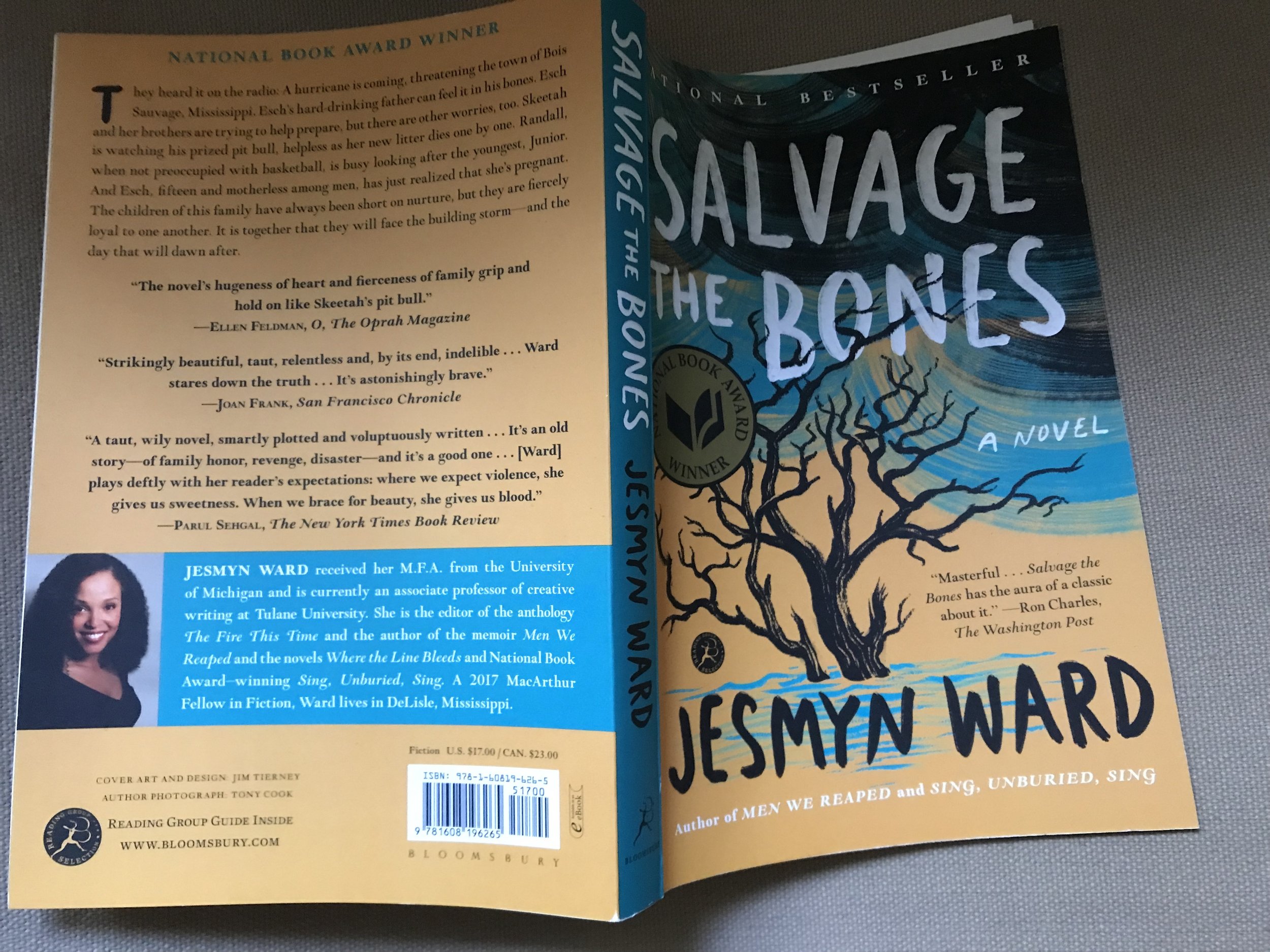
Reading Salvage the Bones as a Climate Novel
Jesmyn Ward’s Salvage the Bones, 2011 National Book Award fiction winner, is among the tidal wave of titles hit by book bans in the Disunited States. It happens that this is also a climate change novel—not that the book banners raised that particular point.
Consider the storm…

Reunion by Fred Uhlman: the Brilliance of Narrative Economy
“He came into my life in February 1932 and never left it again.” A friend in England recommended Reunion by Fred Uhlman and sent the book along for good measure. It is such a slender novella that I started reading it out loud—and found that I could not stop.
How is it that I have never come across this book before?
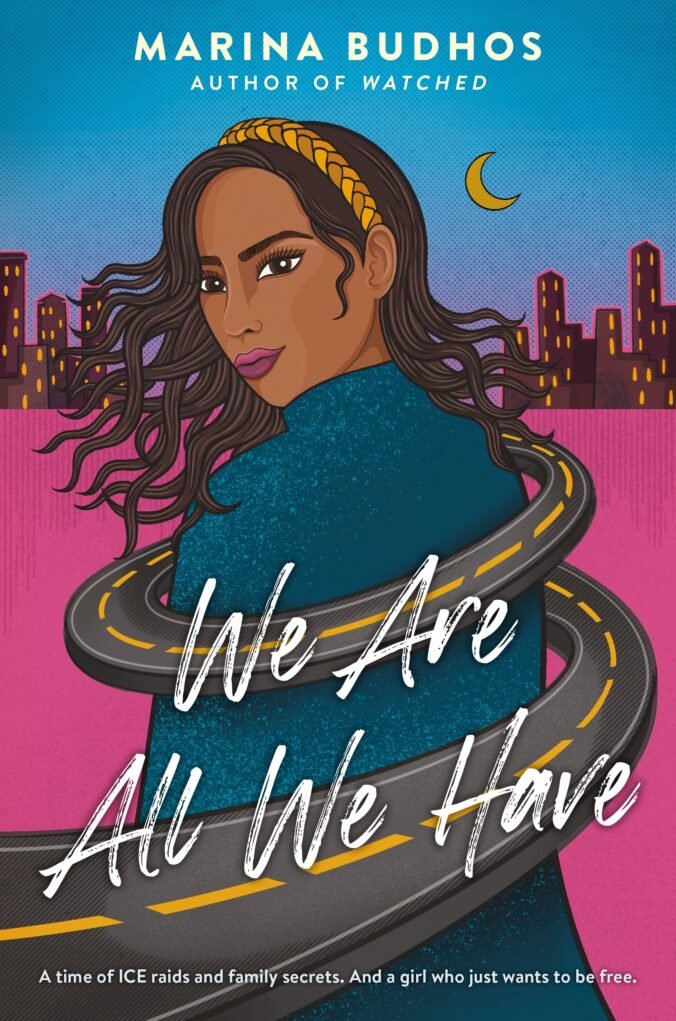

On US Election Day, Here’s a Sentence to Reflect Upon
A couple of months ago, this item from People magazine showed up in my newsfeed: “First Politician Involved in January 6 Capitol Riots is Removed from Office Following Judge's Ruling.” It was the first time a judge officially labeled the events of January 6 an "insurrection." It was also the first time since 1869 that a U.S. official was disqualified from public office under Section 3 of the 14th Amendment to the Constitution.
I read the item quickly, grateful for justice taking its course and expecting to move on to the next news item and the next, as one does over morning coffee.
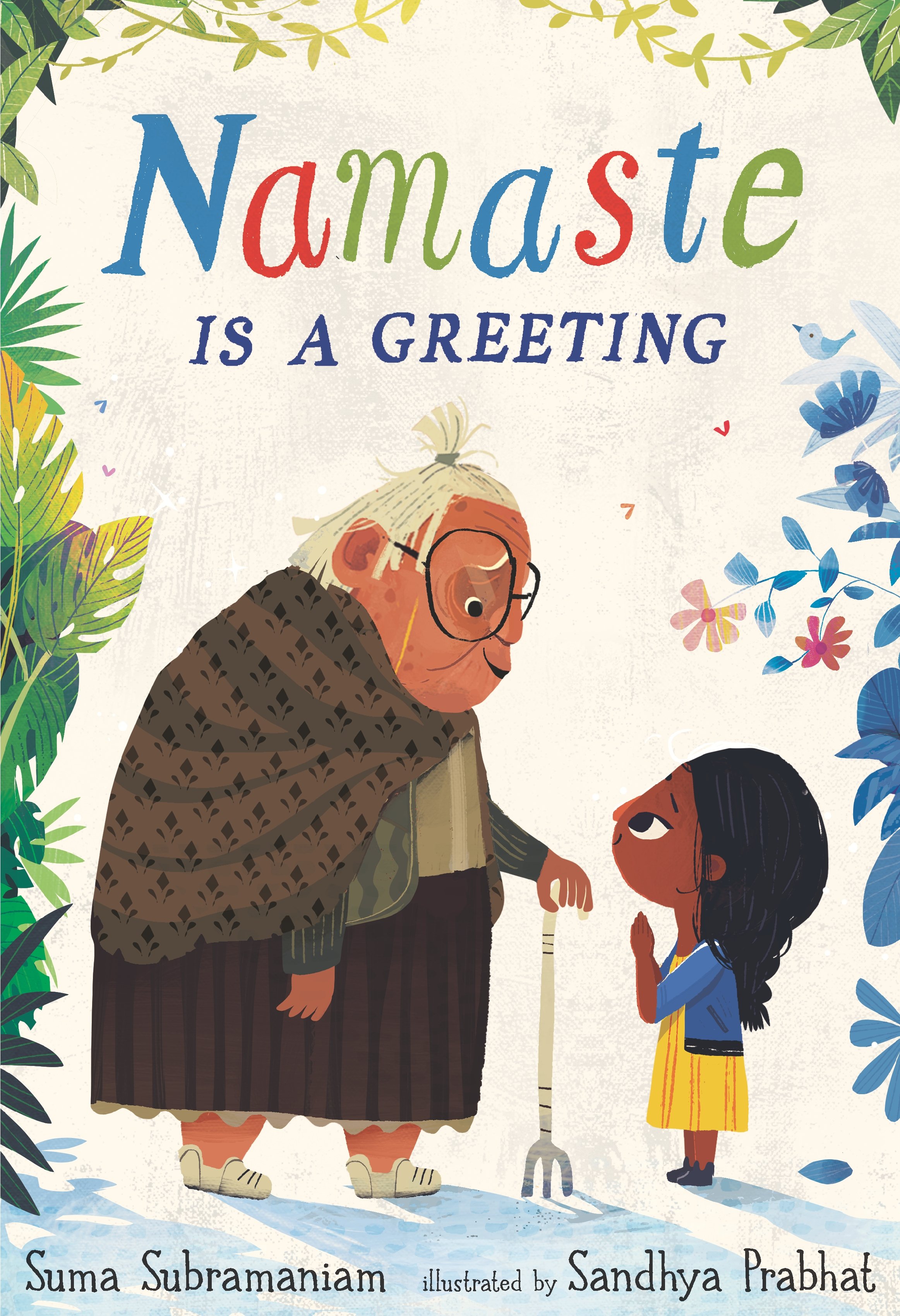
Guest Post: Suma Subramaniam on Namaste is a Greeting
Honoring the Good by Suma Subramaniam
The objective of Namaste is a Greeting is to understand the meaning of the word “Namaste” and the value it can bring when it’s spoken verbally and expressed non-verbally. Namaste in Sanskrit is a combination of two words—namah, meaning “bow,” and te, meaning “to you.” Therefore, namaste is a greeting that means “I bow to you.”

Whimsy and Loss in Bone Dog by Eric Rohmann
Confession. I am not a lover of dogs. I accept that humans have domesticated them for eons, but I’m not a fan of slobber and the wagging tail holds few charms for me.
Even so, here’s one dog picture book that I found purely enchanting.
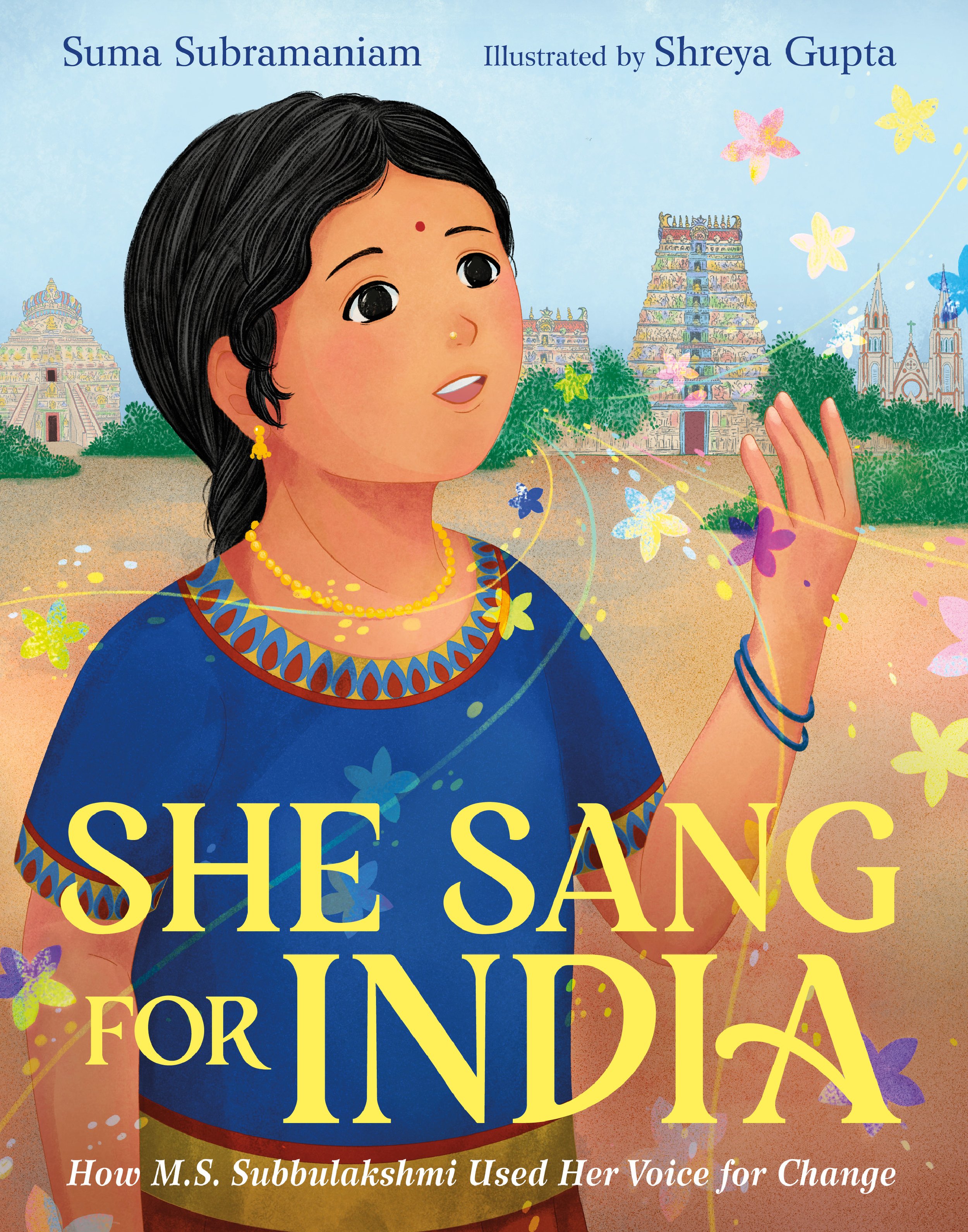
Guest post: Suma Subramaniam on She Sang for India
From Suma Subramaniam: When I started writing about M.S. Subbulakshmi, I had it in my head that this wasn’t going to be an arduous task. Her story was all over the internet. It wouldn’t take much effort because she was famous, well-respected, and well-known among people from India and the diaspora.
By the time I finished the draft, I learned how fallible I was. Every book presents its challenges, and this project wasn’t short of that.

Color, Taste and the Ancient Greeks and Romans
Back in 2018, which is of course an age ago in terms of all that has transpired, I wrote about a New Yorker article suggesting that lush, lavish, bright color was not just a possibility but a probability in the sculpture of ancient Greece and Rome.

Process Talk: A Conversation with Translator Keiko Nagatomo, Part 2
Japanese translator Keiko Nagatomo and I traded emails and followed up with a Zoom call. Here are a couple of snippets from that video, along with Keiko reading chapter 1 of the Japanese edition of Nook Uncle and Me.
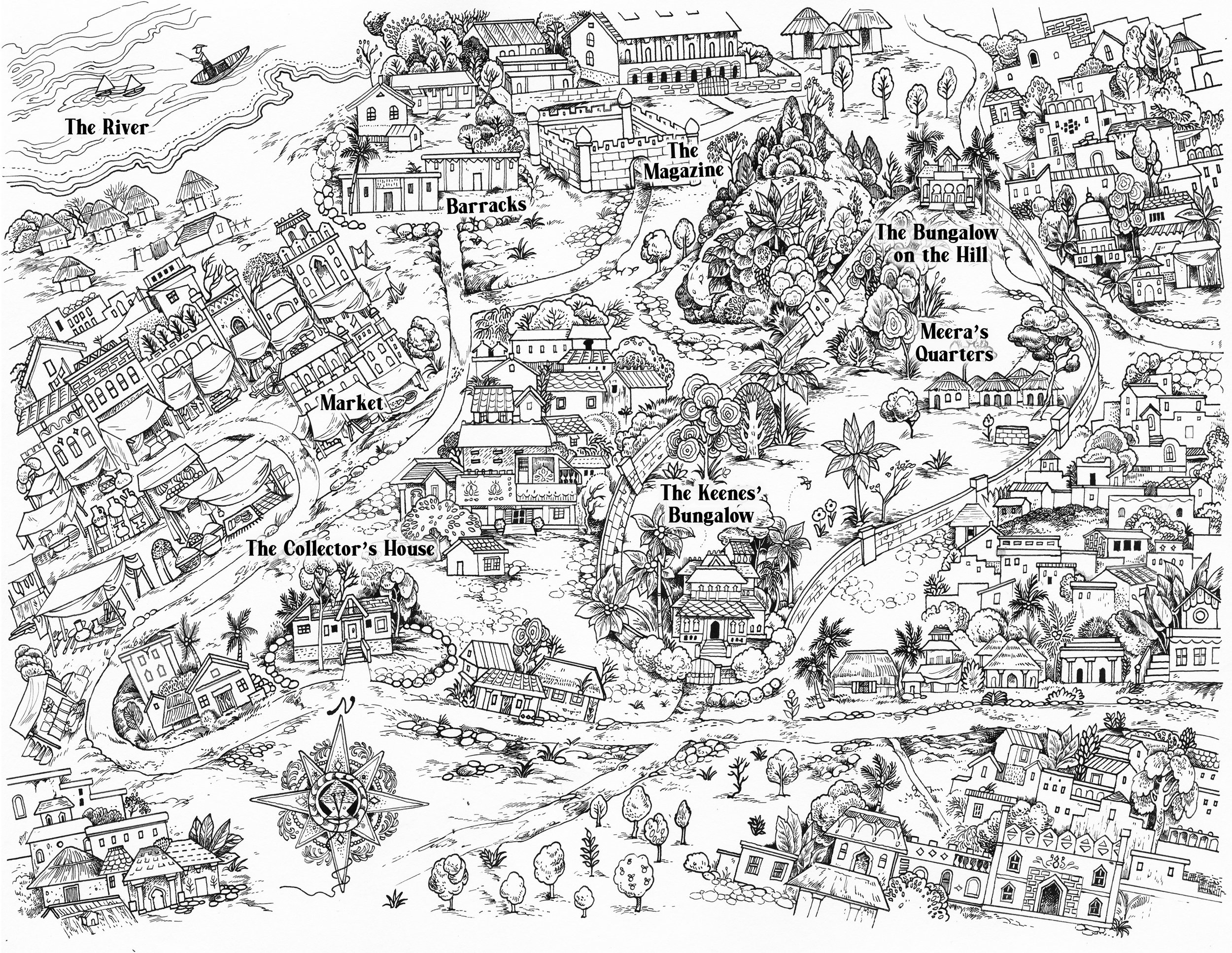
Guest Post: Supriya Kelkar on Strong as Fire, Fierce as Flame
A densely drawn map will lure me into a book anytime, and this one worked its magic. The backdrop to the story is 1857, the year that Indian troops rebelled against the East India Company, the world’s first multinational, which had occupied large territories in India, taxed local people, and maintained a standing army.
The map is from the front matter of a middle grade historical novel from Tu Books/Lee and Low, Strong as Fire, Fierce as Flame. A Jane Addams Honor book, it’s also a 2021-22 Read Across America selection and a 2022 Global Read-Aloud Choice for middle school. I asked author Supriya Kelkar to tell me more how she visualized her fictional Indian town of Indranagar.

Guest Post: Sara Greenwood on My Brother is Away
In My Brother is Away, a young girl speaks her truth about her relationship with her brother, which has been fractured by his incarceration and its impact on family and community.

Fly With Me Kite Festival
On August 20th this year, people in more than 30 cities across the U.K., Europe and the U.S. participated in a kite festival to mark one year since Afghanistan fell to the Taliban. In truth, “fall” may not be the best way to put it. The story is so much more complicated than such shorthand can convey.
